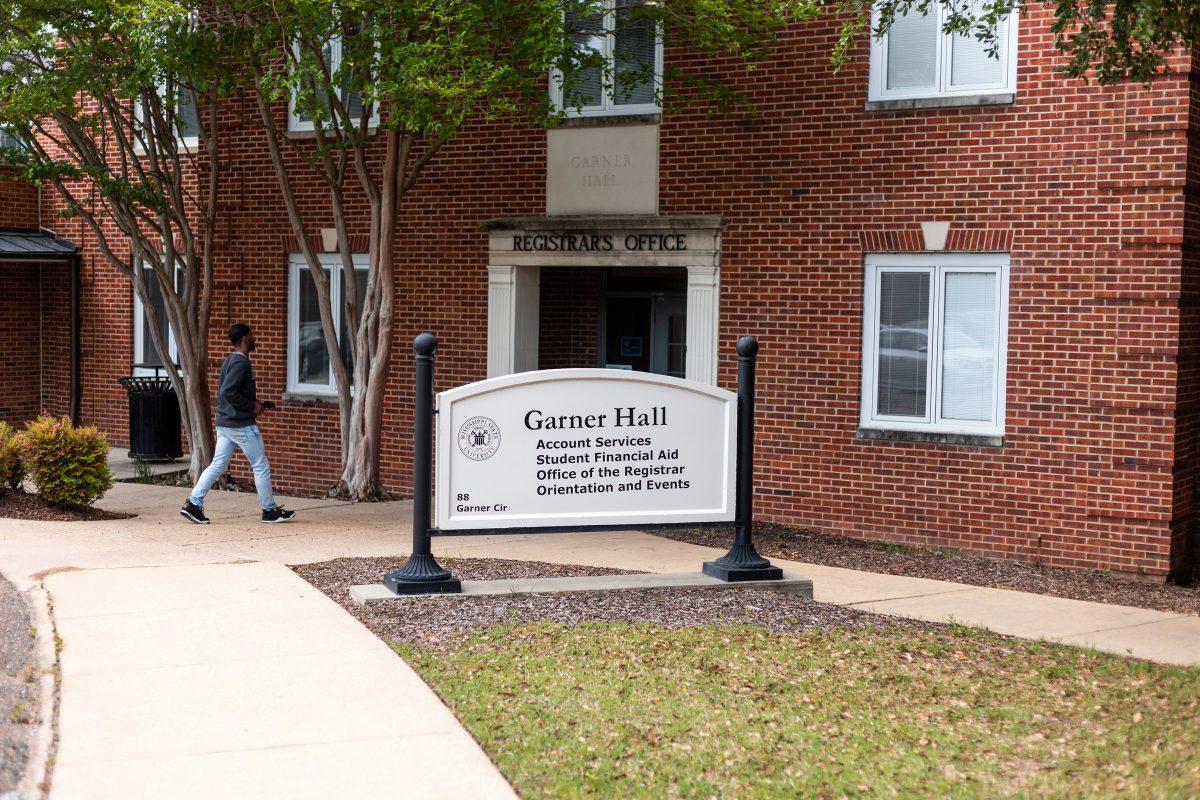According to the National Center for Education Statistics in 2014, around one-third of students enrolled in bachelor’s programs changed majors in the first three years of enrollment. 10% of students changed their majors more than once.
Mississippi State University’s advising faculty guides students through the process of changing majors.
Haylee Crouch, adviser for the Department of Communication, encouraged students to overcome feelings of embarrassment or uncertainty and seek guidance.
“It never hurts to go get information because maybe it only adds one semester to your time here, and you get one extra semester of what you love versus being stuck in a major that you’re not happy with,” Crouch said.
After finding interest in another major, Crouch recommended students meet with advisers from the major’s department. Crouch said this gives students more information about both the department and major.
In a change in major meeting, the adviser would inform the student of the new course requirements. Additionally, the adviser would ensure the student meets the GPA requirement for their intended major.
Once all the requirements to make the change have been met, the student will receive a major change form. After the form is completed and signed, the adviser in the new department and the student’s current adviser will sign it.
Next, the form is sent to the Office of the Registrar, and the major is officially changed. This process can be done online or in person based on the student’s preference.
University Academic Advising Center is another resource at MSU that can help students find the major right for them.
Lynda Moore, director of the UAAC, said the heart of her advising lies in identifying why students are declaring a major.
“If they make a commitment, and they choose to make an informed decision, it’s going to cost less money and less time,” Moore said. “But if they’re just declaring one because they feel social pressure to do so, then that’s not going to make them happy in the end and they’re not going to graduate within a reasonable timeframe.”
Students who are uncertain about their major can enroll at MSU as undeclared or pick a major they may have an interest in. An adviser at UAAC can help identify and clarify interests in majors.
Moore said the center recommends classes that will help students realize what they want to study while providing useful credits for most majors.
The University Academic Advising Center has worked closely with the Career Center to help students visualize their future.
Within the Career Center, the Strong Interest Inventory is an assessment that helps students connect their interests to a career path. The assessment costs $20.
Once students find an area of interest, they can meet with a career adviser to discuss possible majors, career pathways and job outlook.
Bethany Mills, executive director of the Career Center, invited students to the center so that they could better understand the options they have when pursuing their interests.
“If a student ever comes in and is like, ‘I don’t even know where to start,’ they can always just come in, and we can help them get started– there’s no need to feel like they have to be prepared or ready. We just want them to come in. We’ll help them get prepared,” Mills said.
Mills said the most important thing to consider when choosing a major is deciding why the student chose to study the subject.
MSU’s Office of Admissions and Scholarships website can offer more information on how to begin the major change process.
How do I change my major? MSU advisers offer guidance
Jahari Bell | The Reflector
The Office of the Registrar is located in Garner Hall. Students may submit major change forms there.
About the Contributor

Samuel Hughes, Former News Editor
Samuel Hughes served as the News Editor from 2023 to 2024.
0
More to Discover














